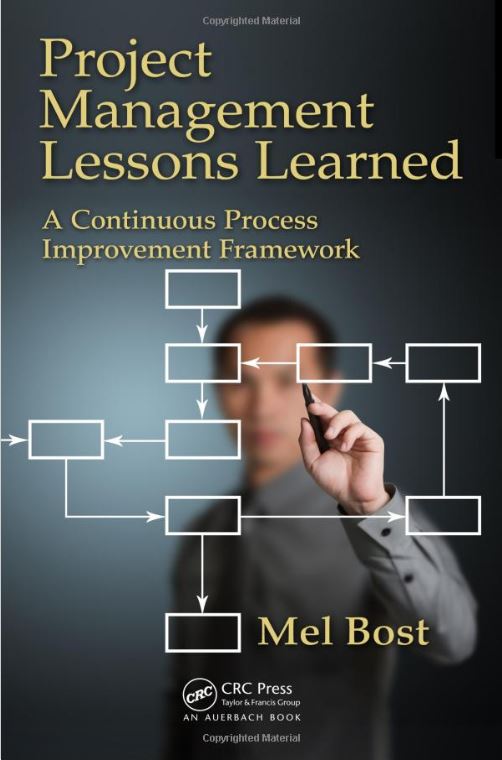In the course of my work developing an “actionable” framework for project lessons learned, I have learned that one of the great facilitating actions contributing to a robust and “actionable” Project Lessons Learned Framework is an active Project Risk Management Plan.
Many project organizations already incorporate Risk Management as a capability in their planning and execution of projects, but many others have not reached the stage where they really appreciate how a Risk Management Plan can contribute to project control, outcomes, and success.
Although it is not necessary to have a Risk Management Plan to apply the Project Lessons Learned Framework I have developed, the real power in having a Risk Management Plan lies in the fact that “Significant Events” that may become “Candidates” for Lessons Learned may already have been identified in Risk Mitigation Planning and Risks Triggered during a project. That makes it easier to collect as many real Significant Events as necessary to complete a Project Lessons Learned exercise.
Risk Management is, of course, an attempt to anticipate actions and events in a project for which the organization has not formally planned, but which could impact the project.
Risk Management is also a way to address a project’s “assumptions” that might previously have been considered to be unchanging during the course of the project. We all know from experience in managing projects, however, that initial “assumptions” almost never stay the same during projects. So, Risk Management is a technique for planning and taking action for assumptions that change during a project.
Risk Management is an exercise in which you identify possible events that might lead to adverse consequences for a project. Mature project organizations or PMOs that embrace Risk Management techniques are also more likely to embrace “change” which, as we have observed in other blog posts, correlates highly with embracing Project Lessons Learned.
Risk Management also usually involves some discussion of how risks could introduce gaps in expected-versus-actual results for a project.
Project organizations that do not formally have a Risk Management Plan in place for individual projects should, of course, still pursue Project Lessons Learned exercises at the close of their projects. As the organizations gain more experience in capturing, documenting, and sharing lessons learned, they will also become more aware of systemic risks in their business or project context which, in turn, should make it easier to introduce a Risk Management Framework that addresses the portfolio of projects and individual projects as well.
Ask yourself whether your organization fully utilizes its Risk Management Plans and Frameworks in assisting in Project Lessons Learned exercises. You can play a leadership role in introducing the link between Risk Management and Lessons Learned.
Thanks for your attention.

great. congratulations.http://www.clinicafares.net
HI Mel, enjoyed your post, I have linked your update on one of my posts.
http://www.invictaprojects.com.au/pmlessonslearnedblog/?p=374
Lessons Learned (Knowledge Management) and Risk Management game set and match.
Regards, Stephen
this will help me into understanding more about this subject.http://www.descontoaocubo.net
good post keep posting…http://www.simbolodamusica.com
thanks for sharing with such material!http://www.papajogosmario.com
Excellent linking of Lessons Learned and Risk, Mel. This gets at the heart of both issues. Too many teams, if they do LL at all, have a random approach (usually at the end as the team is disbanding.) Keep a close watch on risk allows the team to formally capture lessons learned as risks materialize and the team deals with them.
Hey Mel,
Just discovered your blog. Great to see the work of a fellow PMO specialist. I have been writing a regular blog for the last year, http://www.practicalpmo.com. I find the best way of learning and evolving is to take time to learn from others.
All the best.
Simon